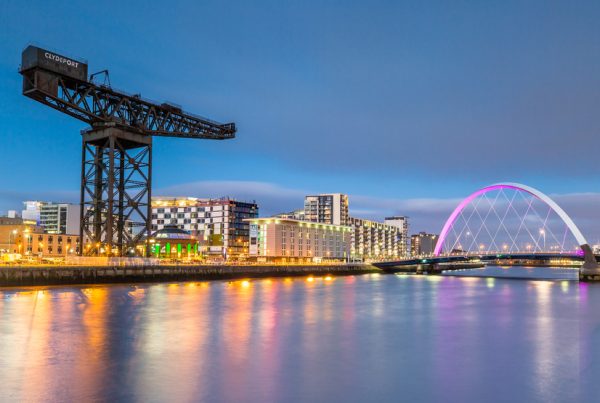By Gareth Jones
Director, Communications
SEC Newgate UK
With ESG and impact the key reputational issues for 2022, how does business show leadership and convince activists, consumers, governments and regulators that corporates can be trusted to deliver net zero and social impact?
Over the past few years, we have seen a steady stream of pledges from large companies on net zero emissions, as well as a range of wider commitments on their environmental, social and governance (ESG) responsibilities. These pledges should be welcomed, given the urgency required in tackling climate change and the importance of companies recognising their wider ethical responsibilities. There is also now a broad recognition among the business community that firms which seriously consider and address the environmental and social risks associated with their business activities are viewed more favourably by customers, investors, policymakers and stakeholders, and are better equipped to manage risks and succeed in the longer term.
On the eve of the UN COP26 climate change conference in Glasgow, the UK, much of the focus is now on achieving net zero emissions. According to a study earlier this year by the European Consortium of Innovative Universities and Oxford University, 21% of the world’s 2,000 largest public companies have committed to meet net zero targets. Given that many of these firms make up a sizeable proportion of global industrial emissions, this does represent significant progress. However, there is only so long that ‘announcing a pledge’ will be viewed favourably. Sooner or later, people will demand more from businesses than just warm words. Indeed, 2022 may be the year when attention turns away from commitments and towards evidence of meaningful action.
In that respect, action on net zero is a crucial example of how ESG works in practice. It is an aspect of ESG with a clear objective, which is measurable and subject to a high level of media, policy and regulatory scrutiny. So, can businesses be trusted to deliver on this? There is some scepticism as to whether they will – and a lot of it is justified. There are several reasons for this.
The first relates to accountability and timescales. Plenty of recent net zero commitments have been made by company bosses who know they will not be around to have to implement them. Many CEOs will have moved jobs or retired by the time 2050 targets come around raising questions about whether business leaders are fully incentivised to make the tough decisions required in the short term, rather than just making them their successors’ problem. This, in turn, leads to accusations that net zero pledges are too long-term and hollow. Businesses can, of course, counter this scepticism by placing greater emphasis on nearer-term targets (e.g. for 2025) and ensure that net zero targets are aligned with business strategies (e.g. aligning future capital spending with greenhouse gas reduction targets). More generally, business leaders need to demonstrate that difficult decisions are being taken within the timeframe of their tenure and that progress will be achieved by the time they hand over to their successors.
Another source of scepticism is around the rules and transparency on activities that are consistent with net zero. There remains some disagreement, for example, about the use of carbon offsets (when a firm seeks to ‘offset’ their own emissions by paying someone to plant trees, install renewable energy, or other activities that remove carbon from the atmosphere). The use of offsets in achieving emissions targets, however, has become contentious, with some believing they are a form of ‘greenwashing’ which diverts money and attention away from addressing their own emissions activities. This has not been helped by the fact that the offset market itself is unregulated with no disclosure requirements, thereby raising questions about its quality and integrity. Businesses need to demonstrate they are working together and with policymakers to address these concerns, ensuring a level of confidence and integrity with regards to their carbon reduction activities. New private sector-led initiatives, such as the Taskforce on Scaling Voluntary Carbon Markets, led by former Bank of England governor Mark Carney, are examples of where businesses are playing their part to establish the appropriate transparency mechanisms and common set of rules. More generally, businesses need to communicate the value of their governance procedures that will guide their decarbonisation strategies, including when and how activities such as offsetting can be used.
Arguably the biggest challenge for business in demonstrating their ability to fulfil their own net zero commitments is how they will address the sheer cost and disruption involved. Achieving net zero will require a fundamental change to economies and how we live our lives. It will also affect some industry sectors much more than others. Some sectors with relatively low carbon footprints will be able achieve their pledges with simple activities, while others – including those in energy and extractive industries, utilities, transport, and energy intensive sectors (such construction, chemicals and concrete) – will require fundamental changes in their business models.
This approach will raise questions. For instance, what happens if shareholders no longer share the CEO’s vision or trust him or her to deliver? What happens if the costs are seen as too great – and if short-term dividends are prioritised over long-term sustainability pledges?
To overcome such challenges, business leaders will need to demonstrate they are serious about reaching their net zero targets, while also ensuring that the impacts and costs of reaching them are seen as manageable in the short and medium term. Such an approach requires buy-in from investors, consumers, stakeholders and national governments. It will require a policy and regulatory environment that incentivises them and supports the energy transition – and global cooperation, underpinned by international commitments, hopefully secured at the COP26 summit.
In some ways, meaningful action on achieving net zero it can almost be viewed as a test case as to whether businesses can be trusted to deliver their own wider ESG commitments. It is likely to be a significant challenge. The 2020s could represent the point when the net zero transition becomes real for many businesses, as we move away from pledges, easy choices and ‘low hanging fruit’ – to difficult choices and leadership.
CLICK HERE
TO DOWNLOAD THE ESG MONITOR REPORTS








